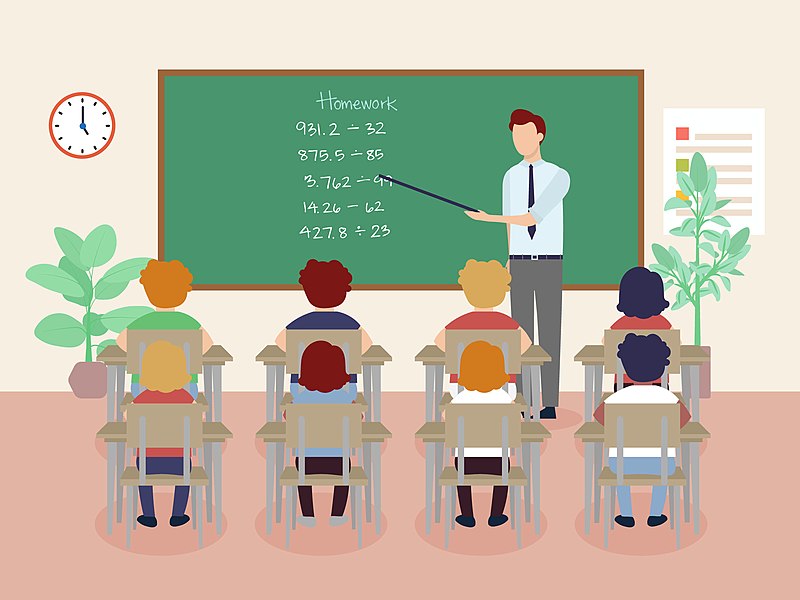
Labour has announced plans to introduce a "real-world" maths curriculum for primary schools. Shadow education secretary Bridget Philipson will outline the proposal in a speech, advocating for
financial literacy, including budgeting and understanding currency exchange rates, to be taught to children as young as four. The plan would fund extra training for teachers by ending some tax breaks for private schools.
Labour believes this curriculum will make maths more relevant to students' lives and help address poor math skills that can persist into adulthood, such as the inability to interpret basic graphs and calculate the value of discounts. A 2016 estimate by the OECD found that nine million working-age adults in England lacked basic literacy and numeracy skills, costing the economy £25 billion annually.
In her speech to the Labour Party conference, Philipson will emphasize the party's commitment to high educational standards and stress the importance of early math education, stating, "Maths is the language of the universe, the underpinning of our collective understanding. It cannot be left until the last years of school."
This initiative directly challenges Chancellor Rishi Sunak's plans to extend mandatory math education until the age of 18. As part of a planned curriculum review, Labour aims to have teachers show students how numeracy skills are applied in the real world.
Under the proposed curriculum, students will learn mathematical concepts through practical applications like household budgeting, currency exchange rates for travel, sports league tables, and cooking recipes. Instead of hiring specialized math teachers, primary school staff will be retrained and supported by "Maths Champions."
Research by the Education Endowment Foundation, an education charity, found that nurseries employing Maths Champions saw children make an additional three months of progress in math on average.
Current statistics indicate that approximately 25% of primary school students do not reach the expected level in math by the end of primary school. While there has been a 9% increase in the number of math teachers since 2012, shortages are reported across the country. Photo by Preply.com Images, Wikimedia commons.








































